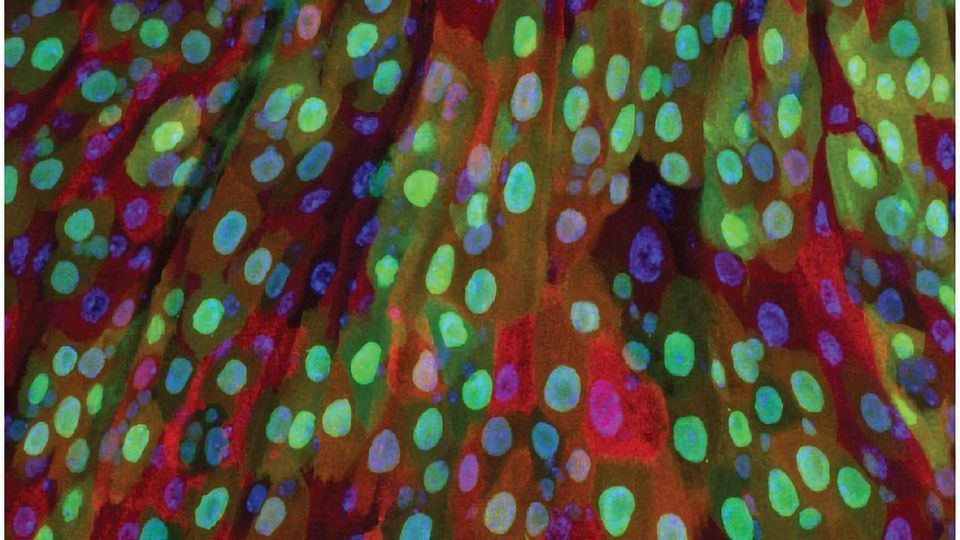Adult Fly Intestine Could Help Understand Intestinal Regeneration

Complete the form below to unlock access to ALL audio articles.
Intestinal epithelial cells (IECs) are exposed to diverse types of environmental stresses such as bacteria and toxins, but the mechanisms by which epithelial cells sense stress are not well understood. New research by the universities of Bristol, Heidelberg and the German Cancer Research Center (DKFZ) have found that Nox-ROS-ASK1-MKK3-p38 signaling in IECs integrates various stresses to facilitate intestinal regeneration.
The research, published in Nature Communications, used the adult fly intestine, which is remarkably like a human intestine, to understand how IECs sense stress or damage, defend themselves and promote epithelial regeneration.
Stress sensing pathways are activated upon a variety of stresses in fly IECs, but how these pathways are activated and how they promote IEC resilience and intestinal regeneration are not known.
The researchers found that NADPH Oxidase (Nox) in IECs produce reactive oxygen species (ROS) upon stress, but it wasn’t fully understood how ROS promote intestinal regeneration. The paper has shown that it is partly effected by Ask1-MKK3-p38 signaling in IECs, stimulating their production of intestinal stem cell (ISC) mitogens and ISC-mediated regeneration. p38 was previously found to facilitate mammalian intestinal regeneration when damaged, but how it senses damage was not understood.
The researchers are still unclear how stress is sensed by intestinal epithelial cells but believe it is possible that Nox senses stress. The study also found damage activates stress sensing pathways in fly IECs but how these pathways effect IEC resilience and intestinal repair is not fully clear.
Dr Parthive Patel, Elizabeth Blackwell Institute (EBI) Early Career Fellow in the School of Cellular and Molecular Medicine at the University of Bristol, said: "Our work has potential applications for regenerative medicine. Reactive oxygen species play an important role in tissue regeneration and even in neuronal axon regeneration.
"It is also relevant for diseases that develop from the loss of epithelial integrity such as inflammatory bowel diseases, which increases risk for colorectal cancer. Understanding how tissues sense stress and promote their resilience and repair will provide novel therapeutic strategies."
The research was funded by the European Research Council (ERC), National Institutes for Health (NIH), the Wellcome Trust, the Helmholtz Association and the Huntsman Cancer Foundation (HCF).
Reference: Patel, P. H., Pénalva, C., Kardorff, M., Roca, M., Pavlović, B., Thiel, A., … Edgar, B. A. (2019). Damage sensing by a Nox-Ask1-MKK3-p38 signaling pathway mediates regeneration in the adult Drosophila midgut. Nature Communications, 10(1). https://doi.org/10.1038/s41467-019-12336-w
This article has been republished from the following materials. Note: material may have been edited for length and content. For further information, please contact the cited source.



